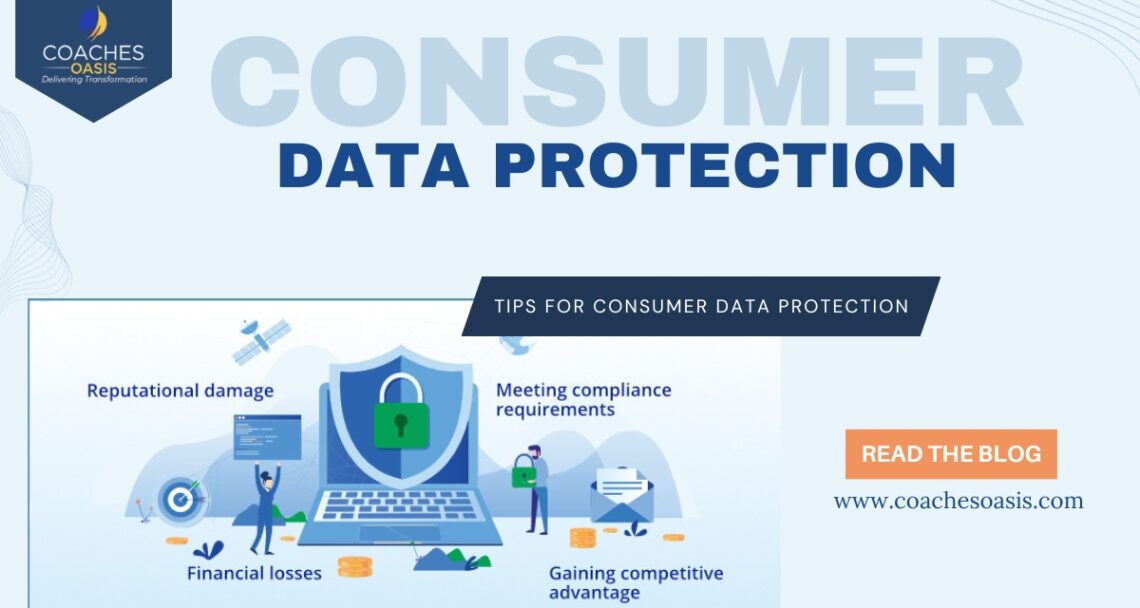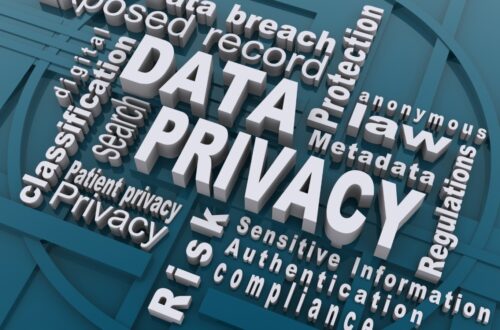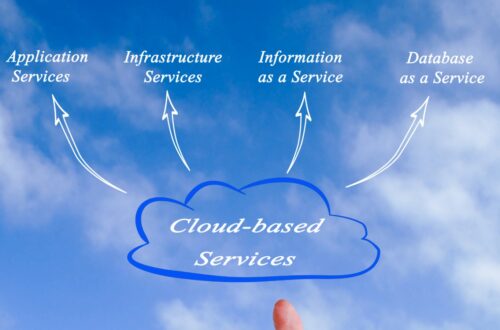In today’s digitally connected world, personal data protection has become a paramount concern. From online shopping and social media to financial transactions and healthcare records, we entrust a significant amount of sensitive information to the digital realm. To safeguard your personal data from prying eyes and potential threats, here are some essential tips for consumer data protection.
- Strong and Unique Passwords
Start with the basics: strong and unique passwords. Avoid easily guessable passwords like “123456” or “password.” Instead, create complex passwords comprising a mix of upper and lower-case letters, numbers, and special characters. Additionally, use a unique password for each online account to prevent a breach in one account from compromising others.
- Two-Factor Authentication (2FA)
Enable two-factor authentication wherever possible. 2FA adds an extra layer of security by requiring you to provide a second verification method, such as a text message code or a fingerprint scan, in addition to your password. This significantly reduces the risk of unauthorized access to your accounts.
- Keep Software and Apps Updated
Regularly update your operating system, software, and mobile apps. Developers release updates to patch security vulnerabilities, so keeping your devices and applications up-to-date is crucial in protecting your data from known threats.
- Be Cautious with Email
Phishing attacks often start with deceptive emails. Be cautious when opening emails from unknown senders, and avoid clicking on suspicious links or downloading attachments from sources you don’t trust. Always verify the legitimacy of an email before sharing personal information or clicking on any links.
- Secure Your Wi-Fi Network
Ensure your home Wi-Fi network is secure by using a strong, unique password for your router. Change the default admin credentials to prevent unauthorized access. Additionally, consider using WPA3 encryption for enhanced security.
- Public Wi-Fi Caution
Avoid conducting sensitive transactions or accessing confidential data when connected to public Wi-Fi networks. If you must use public Wi-Fi, consider using a virtual private network (VPN) to encrypt your internet traffic and protect your data from potential eavesdropping.
- Regularly Back Up Your Data
Frequent data backups are a lifesaver in case of data loss due to theft, malware, or hardware failure. Use automated backup solutions to regularly back up your important files and ensure that you can recover them in the event of a data breach.
- Review Privacy Settings
Frequently review and adjust the privacy settings on your social media profiles and online accounts. Limit the amount of personal information you share publicly, and be mindful of the data permissions you grant to apps and services.
- Use Reliable Security Software
Install reputable antivirus and anti-malware software on your devices. These tools can help detect and remove threats like viruses, spyware, and ransomware.
- Educate Yourself
Stay informed about the latest cybersecurity threats and best practices. Being aware of potential risks and knowing how to protect yourself online is a powerful defense against data breaches.
In an age where personal data is highly sought after by cybercriminals, taking proactive steps to protect your information is crucial. By following these tips for consumer data protection, you can greatly reduce the risks associated with the digital world and ensure that your personal data remains safe and secure. To learn more about advanced data security measures and expert guidance on safeguarding your valuable information, visit Coaches Oasis today and fortify your online defenses! Your data’s protection is our priority.





